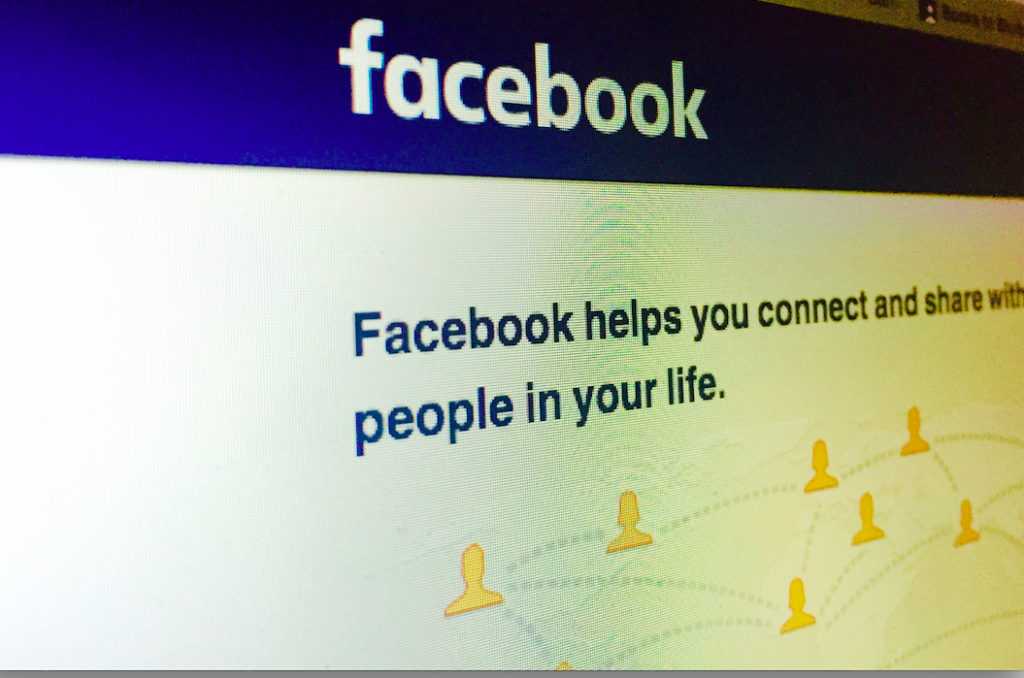I’m grateful for Alan Noble and his articulate writing, which is currently giving a voice to evangelicals like me in places like The Atlantic. His latest contribution is best seen as a companion piece to what he wrote a couple of weeks ago about evangelical morality and American culture.
In that article, Noble wondered aloud whether the tide of culture was pushing traditional Christians farther out to sea.
In light of these issues, there’s a kind of existential fear motivating some evangelicals, and not without reason. Can traditional evangelicalism continue to exist as social mores increasingly conflict with that tradition? Given the history of the Church, which has spanned many hostile periods and cultures, these fears seem exaggerated. But it’s hard to ignore the implication that the only truly tolerable form of religion in the U.S. is a private one that comfortably aligns with the country’s changing mores, which is why Rauch warns churches to change their values before it is too late.
I think Noble’s article struck just the right note. He acknowledged that traditional Christian belief is currently in the dock in American culture. He also explained why many Christians feel threatened by the social and legal developments of the last few years. His prescription was “pluralism: the ability of many different kinds of people to live out their faith in public with and among those who deeply disagree with them,” which I think is exactly correct and the right place for socially active Christians to make a case.
Today’s essay, “The Evangelical Persecution Complex,” feels a little too much like it was written in response to complaints from the Atlantic’s readership. Now, I want to be clear on one thing: Noble is correct. There is a trend amongst American evangelicals to cry persecution when there is none. And yes, Noble is within his rights to chalk this up to a privileging of Christian belief and practice within America. Where he’s wrong, I believe, is in his pathologizing of this trend into an evangelical character problem. It’s one thing to say that American evangelicals tend to call “foul” when its better to play on. It’s a different thing to call this a “complex” and focus on Christian culture’s ideals of martyrdom and worldly exile.
I’ll explain what I mean by featuring this paragraph:
So, the question for American Christians is what to make of the Bible’s warning [in 2 Timothy 3:12] that we will be persecuted. For many evangelicals, the lack of very public and dramatic persecution could be interpreted as a sign that they just aren’t faithful enough: If they were persecuted, they could be confident they are saved. This creates an incentive to interpret personal experiences and news events as signs of oppression, which are ostensibly validations of our commitment to Christ. The danger of this view is that believers can come to see victimhood as an essential part of their identity.
This is much, much different from arguing that evangelicals, operating from years of social and legal privilege, like to cry wolf. Instead Noble seems to be saying that Christians have embedded within their theology a sanctificational need to have the little light of theirs snuffed out.
I agree that this view is dangerous. What I disagree with is that it is actually happening. I don’t at all accept that this is why American evangelicals feel persecuted. In addition, I think this view takes an uncharitable perspective and leaves some evangelicals–whose social rights are actually being infringed upon–with no way out in the debate.
Neither Alan nor I can speak for all evangelicals. So there are probably some who do feel like their sanctification rises and falls with their perceived persecution. But I think its self-evident (since most evangelicals support religious liberty claims, etc) that this isn’t how the majority of Christians think about this issue. In my opinion this explanation sidesteps the harder question of how Christianity can adopt to a post Christian culture in favor of a reductionist claim that again makes “Christianity” (rather than some Christians) the issue.
I believe the reason for false flags of persecution tends to be a genuine inability to separate the concepts of a post-Christian culture and an anti-Christian one. Many people wrongly believe that America was once a Christian country and that, some time around the 1960s, anti-Christian forces descended upon the culture and violated its Christian sensibilities. This isn’t good or right thinking, but it’s not a theological problem. It’s an errant way of thinking about America but not an errant way of thinking about Jesus.
I’m concerned that this explanation for “persecution fetish” might have the opposite effect that Alan intends it to have. Instead of helping those on the opposite ends of the culture wars understand the worldviews of conservative Christian, this mischaracterization might lend credence to the idea that society needs to “stamp out” opposing points of view. Christians needs to be clear about the fact that consistently Christ-like theology never leads to oppression or deprivation of human rights in the public square. But if believers are portrayed as needing culture war in order to be fully Christian, this message is obscured to the detriment of all.
What’s needed is a dialogue on Christians and culture that is as applicable to Christian bakers and photographers as it is to Todd Starnes. “War on Christmas” is not what folks like Josh Barro have in mind. We need to be as honest about the frightening posture of certain progressives as we are about the pitiful yelping of certain conservatives. That can’t happen if we give the impression that conservative Christians are being held captive by a conflict-mongering theology.











